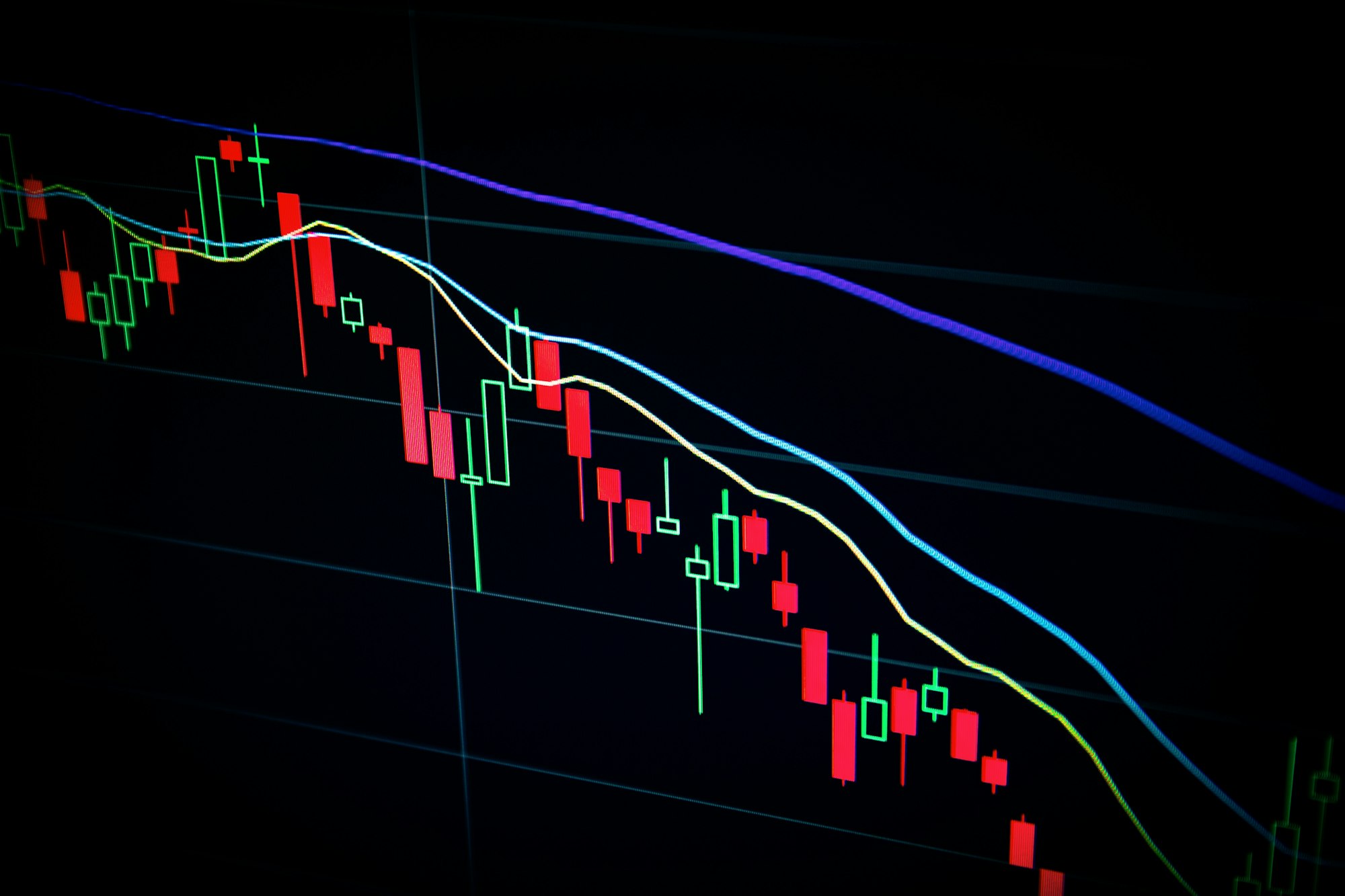Indian Startup Valuations Take a Hit as Funding Landscape Shifts

In the midst of a capital funding frenzy from investors which reached $42 billion in 2021 per Inc42's annual start-up funding report, Indian startups basked in the glow of skyrocketing valuations.
Investors' optimism led to soaring valuations for these consumer-facing platforms leading some of these startups to even hint at plans for public listings.
But, the tides quickly turned in late 2022, as geopolitical tensions and macroeconomic pressures jolted the Indian startup ecosystem. Funding options dwindled, and a renewed emphasis on profitability emerged, leading to a sharp decline in the sky-high valuations of Indian unicorns.
First was global tech investor SoftBank which made headlines by slashing the valuation of hospitality major OYO in its book by 20%. Soon after, Prosus followed suit, internally marking down the valuation of India's most valued startup, BYJU'S, by a staggering 73%.
The trend continued into 2023, with Invesco downgrading the valuation of Swiggy by 25% just a year after leading a substantial funding round. BYJU'S faced another blow in April, as minority investor BlackRock reduced its valuation by nearly half to $11.5 billion, down from $22 billion and Invesco revisited Swiggy's valuation, cutting it again to $5.5 billion. U.S.-based investment firm Vanguard Group also followed suit by cutting the valuation of ride-hailing startup Ola by 35% to $4.8 billion.
Adding to the list, US-based investor Neuberger Berman recently trimmed the valuations of two portfolio startups, Pine Labs and PharmEasy, by 38% and 21% respectively, signalling ongoing challenges in the startup landscape.
As the tide of negative market sentiment and the return to normalcy cast a shadow over their fortunes, Indian startups have found themselves grappling with the difficult decision of downsizing and cutting costs and some even deferring their initial public offering (IPO) plans.